Can't you really do a good "child design" without systematically studying child psychology theories and studying child design literature?
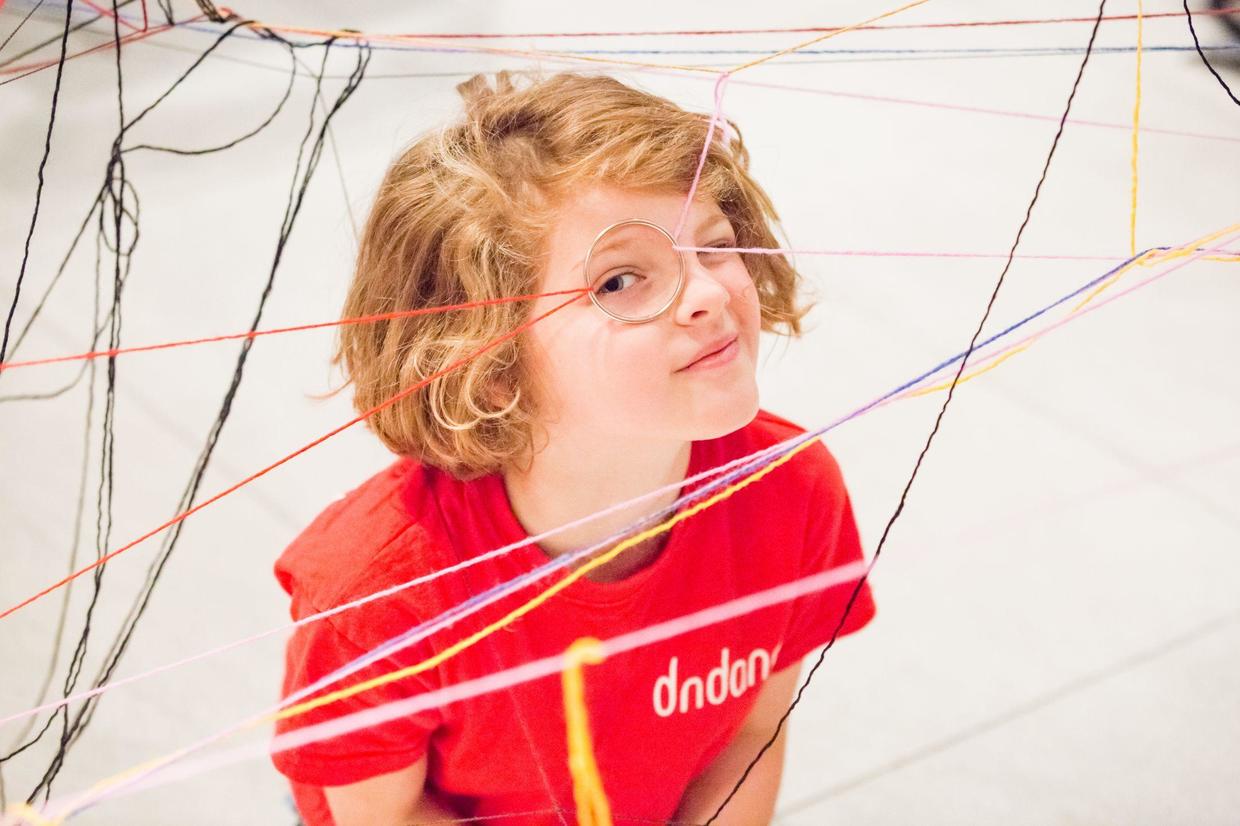
Presumably, before growing up with their children, every parent has heard more or less the stories of several "foreign prodigies" who are better than "other people's children". For example, the British painting angel Iris Grace Halmshaw, the Australian oil painting girl Aelita Andre, the American fashion designer Mayhem, and Ryan ToysReview, the YouTube anchor who has made more than 100 million yuan a year......
Although we also have Pei Jiaxin and we also have small play bones; but I don't know when, more and more children have become "child models"; we don't discuss whether the way these parents educate their children is too stocked and too utilitarian. In terms of children's creativity alone, we may really lose at the starting line.
Where does children's creativity come from?
Apart from prenatal education, preschool education, tutoring and primary education, it is more important for children to actively explore, accept and understand the way the world works in the process of growing up, which is their own way of life.
What can parents do imperceptibly in this process?
Consciously create a "self-learning" space for them to grow on the expected "path"; and this "unlimited potential" space is made up of toys, furniture or tools designed by children one after another.
So, what is child design?
Of course, what children design is a kind of children's design; but in most cases, it is the product of adults designing according to the imaginary "children's needs", so there will be some "silly white and sweet" elements.
But in fact, the "child design" that children need at this stage is not "role-playing" in a simple sense. Use a mature heart to figure out the wriggling of children; as long as we design on the basis of safety, health, and compliance, Give the product the seven characteristics of interest, intelligence, growth, challenge, tolerance, creation, and anti-addiction can be regarded as a relatively successful child design product.
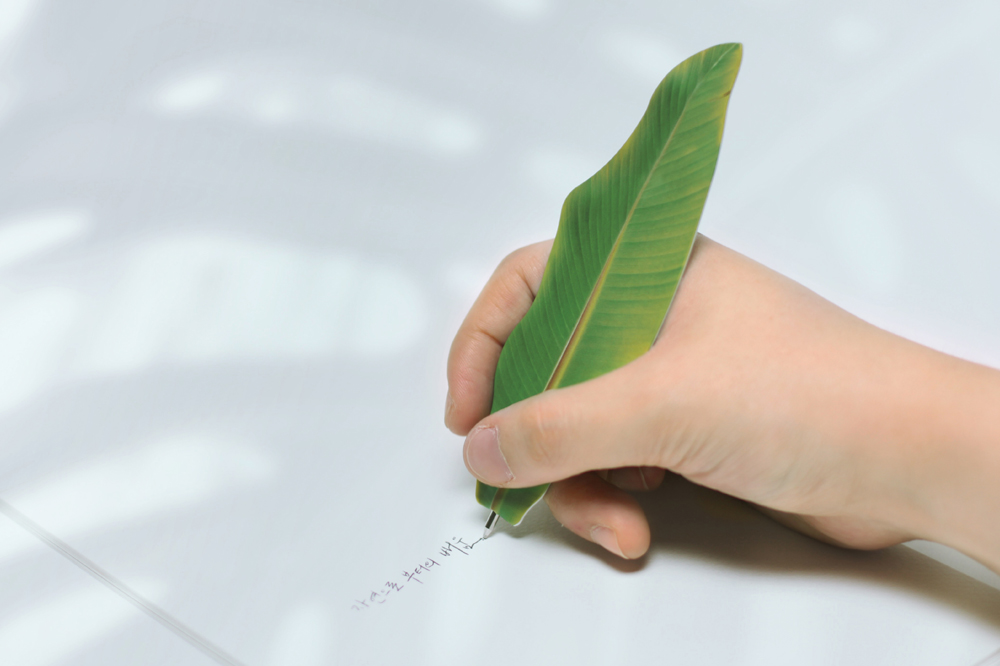
(1)
Fun
○
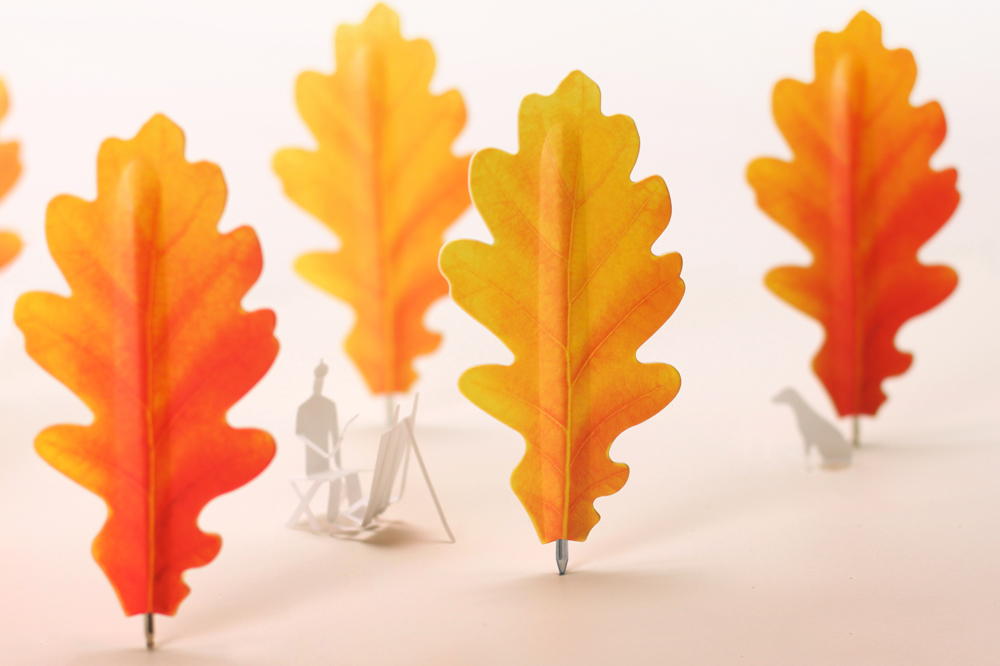
Appree: Bookmark pen, from South Korea; it is both a bookmark and a ballpoint pen, which can be carried with you for writing records.
Is it possible for such a beautiful pen to make her like writing, and is it possible for such a beautiful bookmark to make her read more pages of books?
For interesting design, it is not just to emphasize its "interest" to dominate the host's role, but to find a balance between interest and learning.
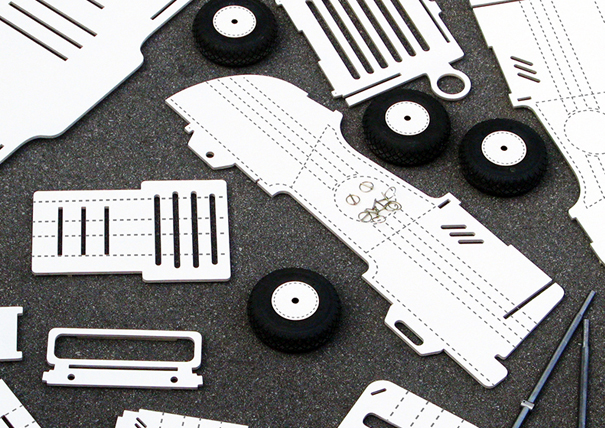
②
Mentality
○
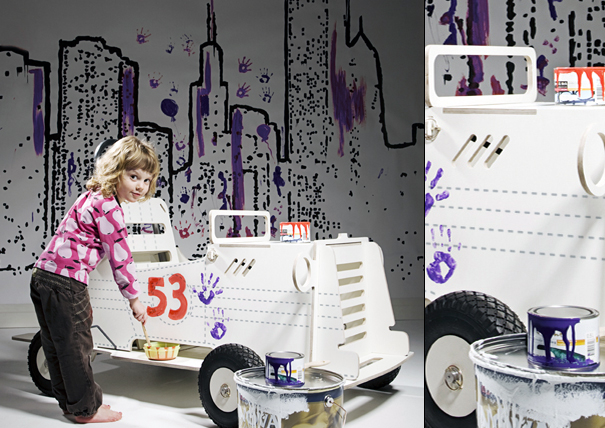
Joyride: Designed by Per Brolund; it consists of 10 marine plywood, 3 aluminum tubes, two axles, a push rod, a steering nylon rope and 12 self-locking ring nails, which can be disassembled without tools.
Although the assembly method of this tool car is similar to Lego, it starts from a larger scale. The simple combination method is easier for children to gain a sense of accomplishment beyond their abilities.
For puzzle design, assembly is not all of it, and it is also possible to draw divergent imagination on the "whiteboard.
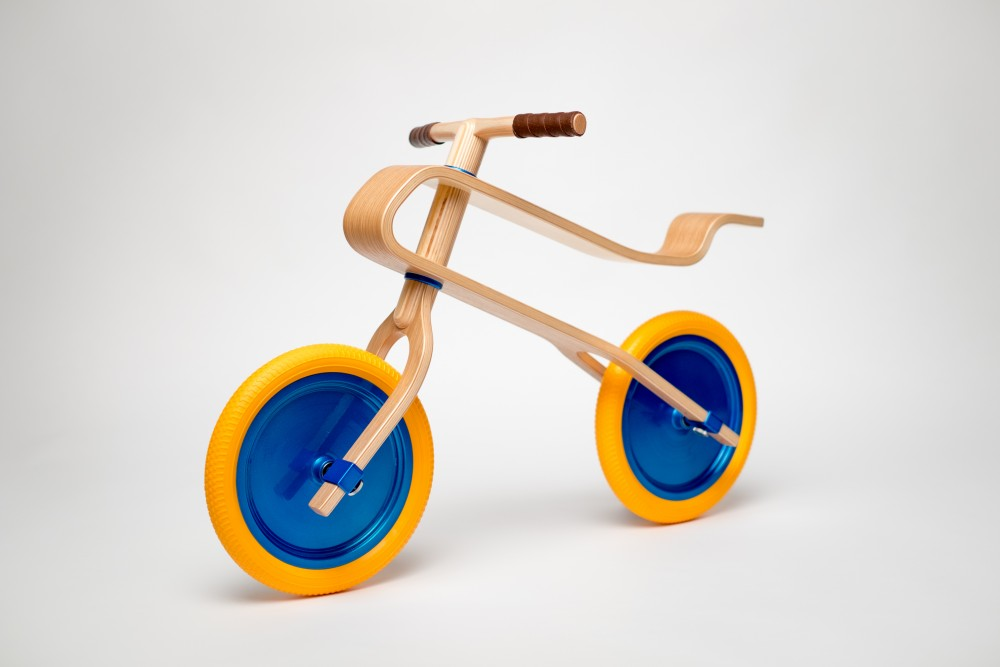
(3)
Growth
○
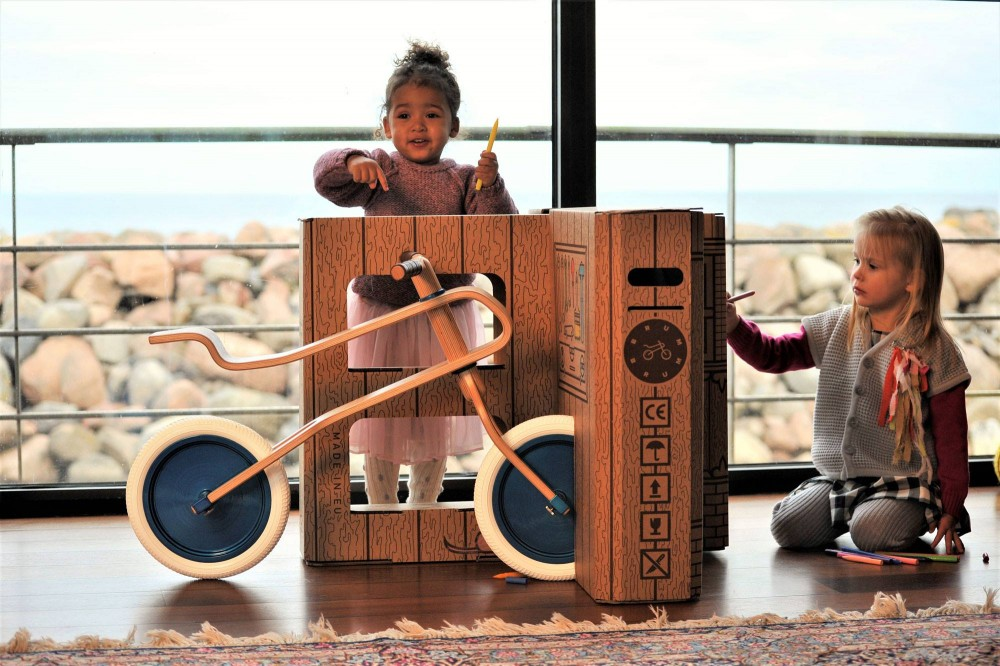
Brum brum: Balance Bicycle, from Latvia; Thanks to the high-quality U-shaped plywood frame, it can easily adjust three different structures to grow up with children in addition to natural suspension.
This kind of growing tool is to record the child's growth and cultivate her quality, and the other is to let her take the initiative to explore more possibilities of things.
For growth design, it is easy for products to fall into the misunderstanding of trying to add play to themselves and make themselves redundant and complex. Therefore, how to balance its diversity and simplification is very important.
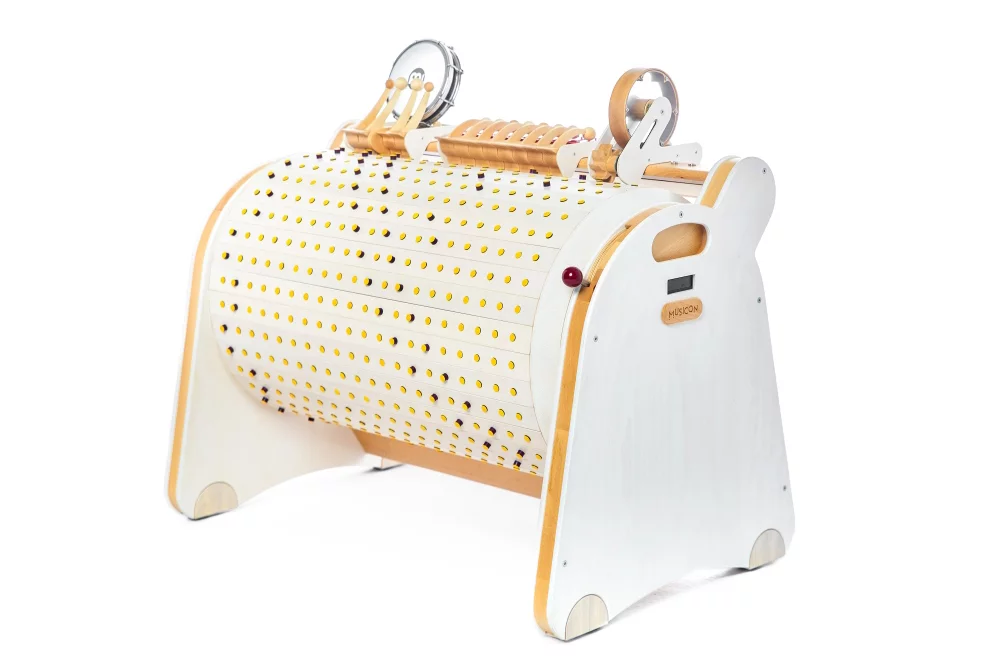
④
Challenge
○
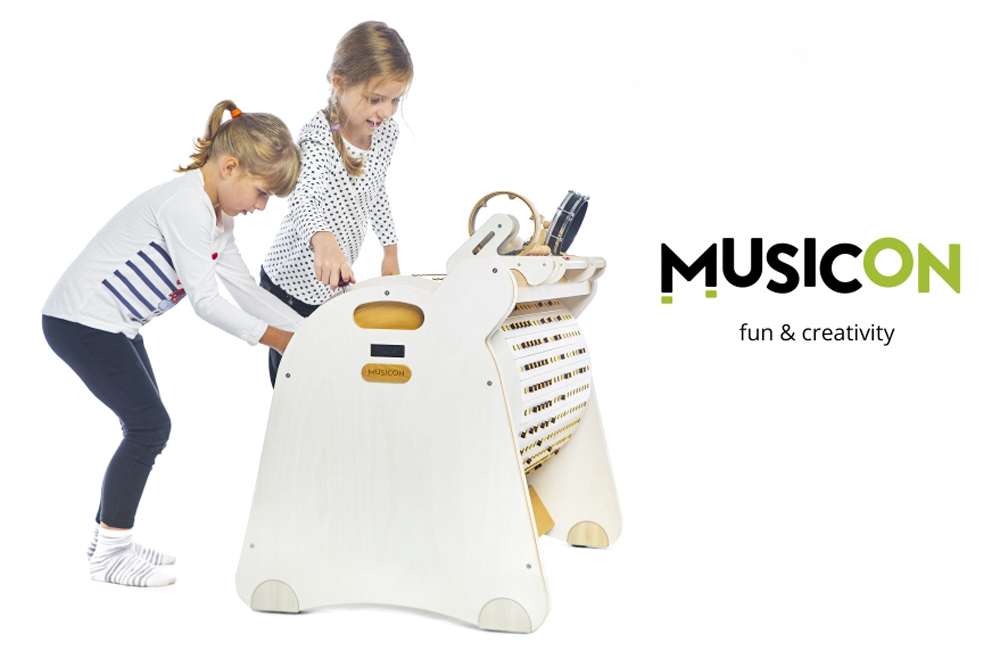
Musicon: From Poland, with its intuitive interface, it helps adults to effectively teach children mathematics, coding and music.
Such a large "appliance" may be a bit complicated, and whether she has the patience to find the meaningful place of this tool before the freshness has faded is also something we need to consider.
For challenge design, blindly emphasizing "learning" will inevitably overcorrect. It is necessary to know that learning itself is very boring. Adding a challenge mechanism to stimulate children's sense of accomplishment is helpful for active learning.
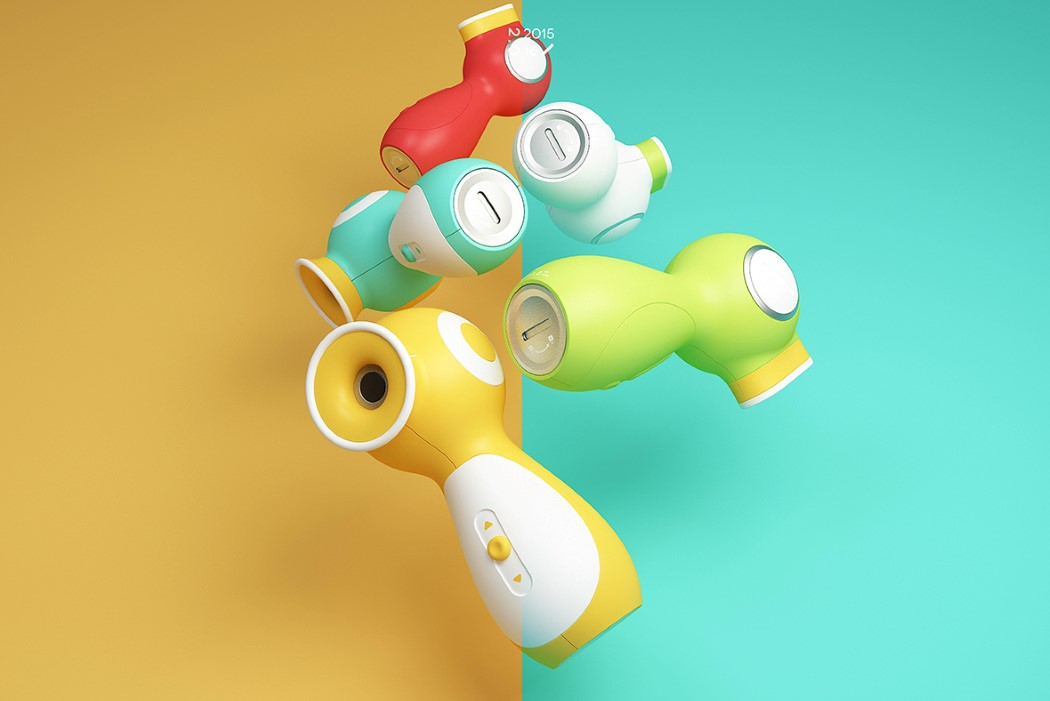
⑤
Inclusion
○
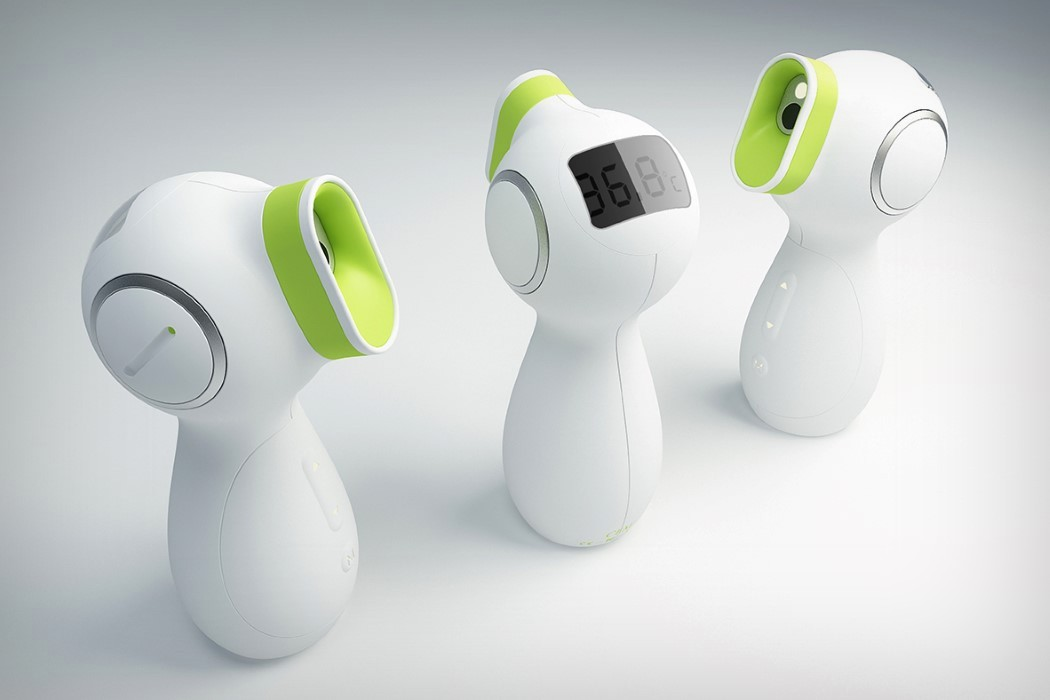
BEAN: Children's Thermometer, designed by Peng Da; Different from the cold and mimetic design of traditional thermometers, BEAN makes it more like a toy.
Children often do not have the high acceptance and strong adaptability of adults. Breaking their inherent thinking is the most effective way.
For inclusive design, it can boldly jump out of thinking inertia when it meets the established functions. However, if the thinking jumps too much, it may destroy the three views.
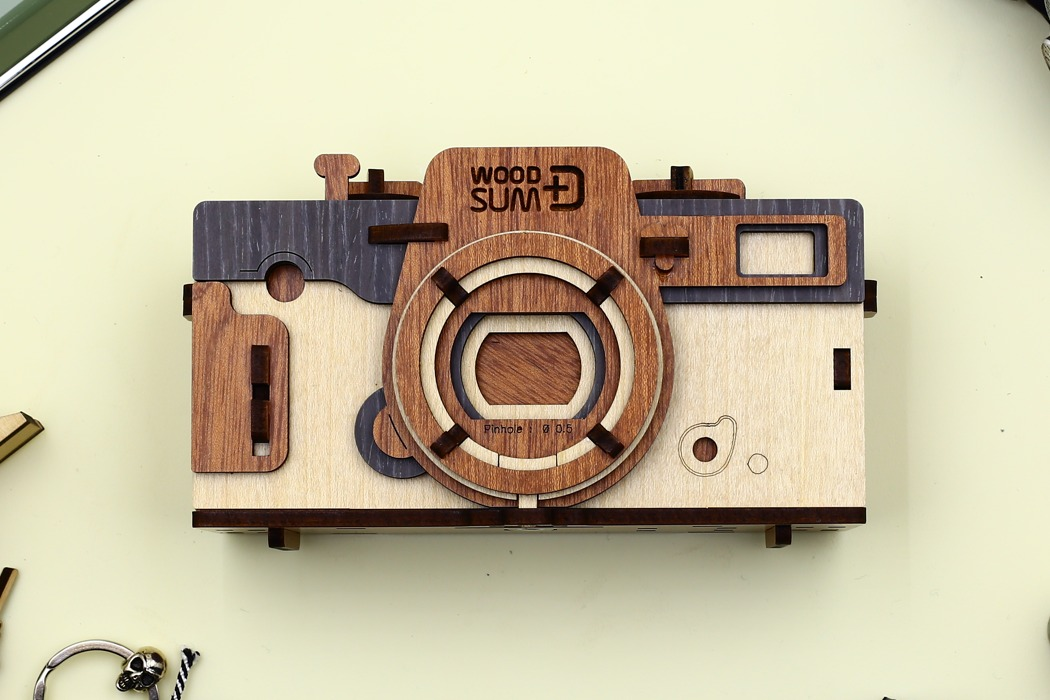
⑥
Creativity
○
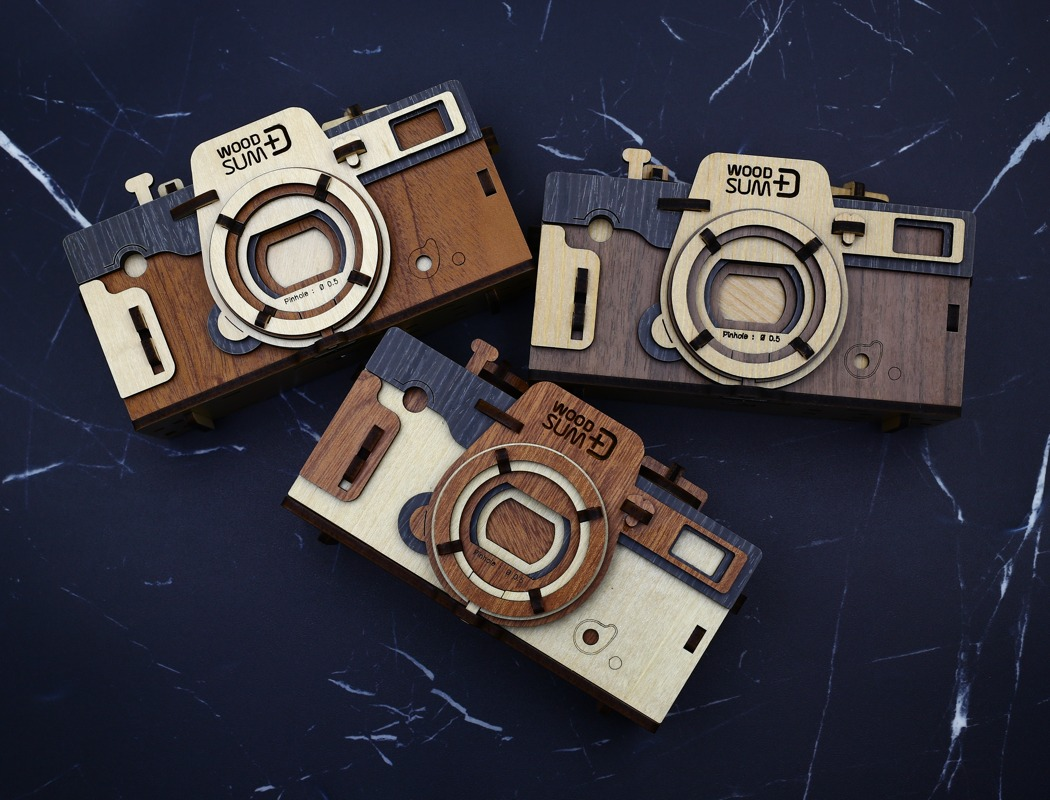
Woodsum: Retro camera designed by Suhyun Hwang; Press the shutter button, the shutter opens, allowing light to shine on the film, allowing children to understand the basic principles of photography such as aperture, exposure, shutter speed, etc.
Of course, Woodsum are designed for adults. The reason why they are here is that creative design is an advanced way after puzzles and challenges.
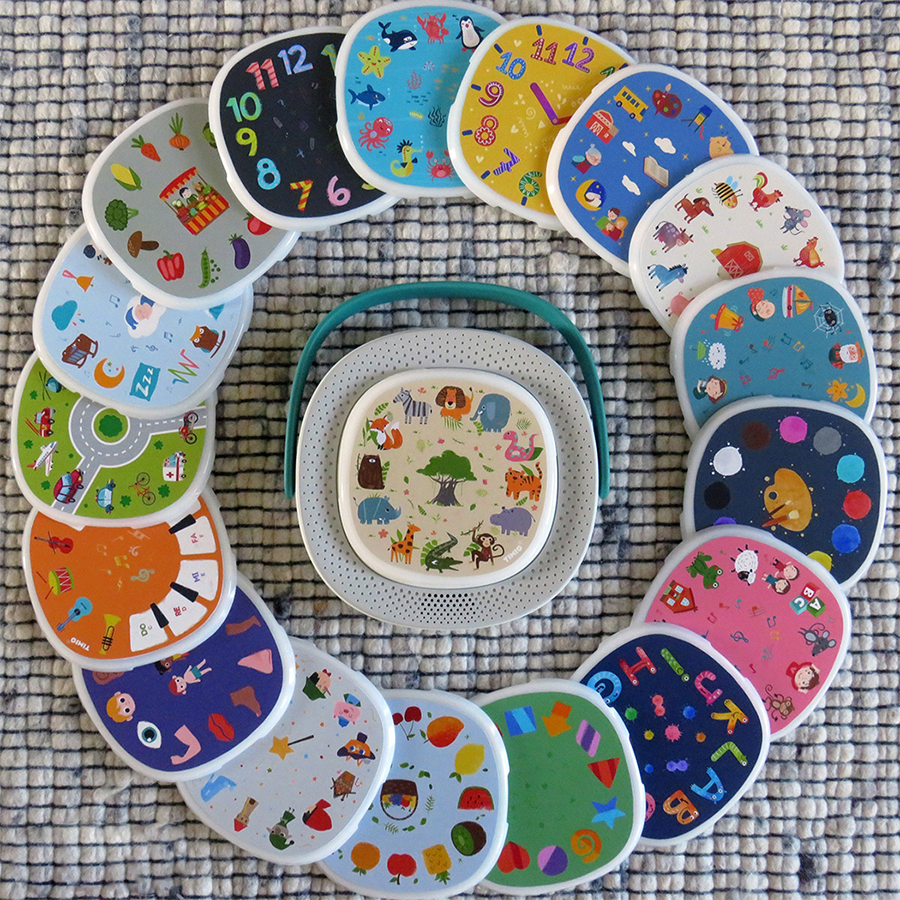
⑦
Anti-addiction
○
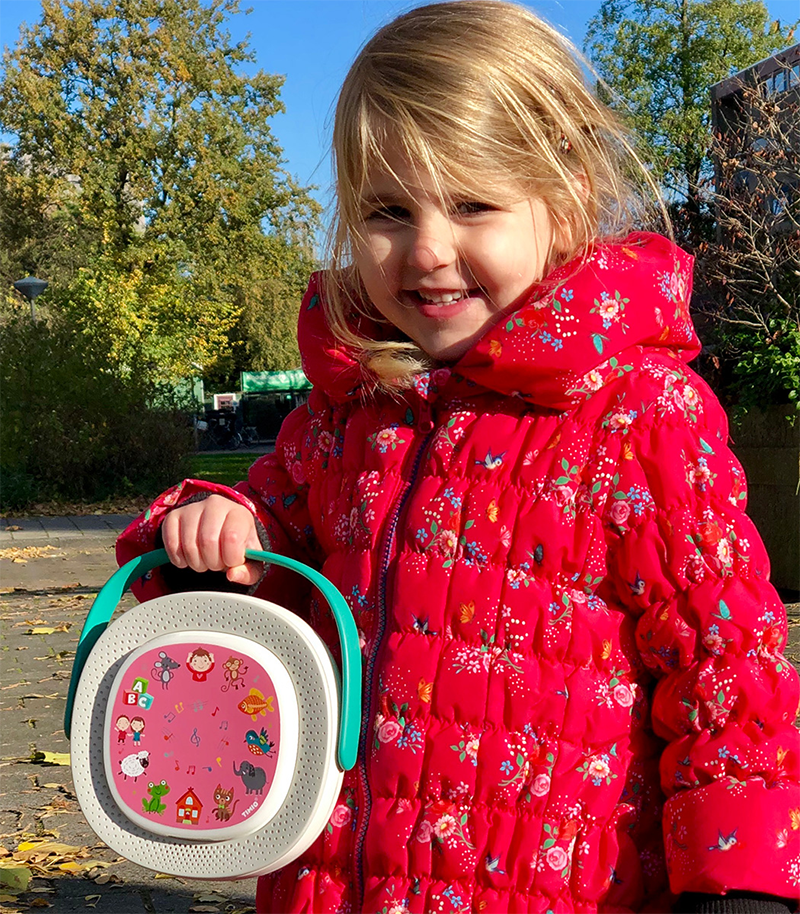
TIMIO: Designed by Peter Gal; It contains a widely optional disk library that teaches children all information about shapes, colors, letters, numbers, animals, vegetables, fruits, body parts, etc.
Today's electronic devices have a fatal attraction for children, not to say that they are not good, but indulging in electronic devices definitely does more harm than good.
For anti-addiction design, we need to have a consensus: design is only a product and a way of life after all, but it is dangerous to affect children's normal life and needs to be avoided.

Perhaps, adults can't put themselves in the shoes of designing a pure product for children, but who still forgets the child we live in to celebrate Children's Day?
本作品版权归 何鲸洛 所有,禁止匿名转载及个人使用,任何商业用途均需联系原作者。

新用户?创建账号
登录 重置密码

请输入电子邮件以重置密码。
It's really well organized.
Collected